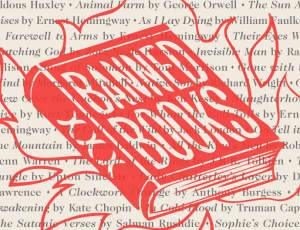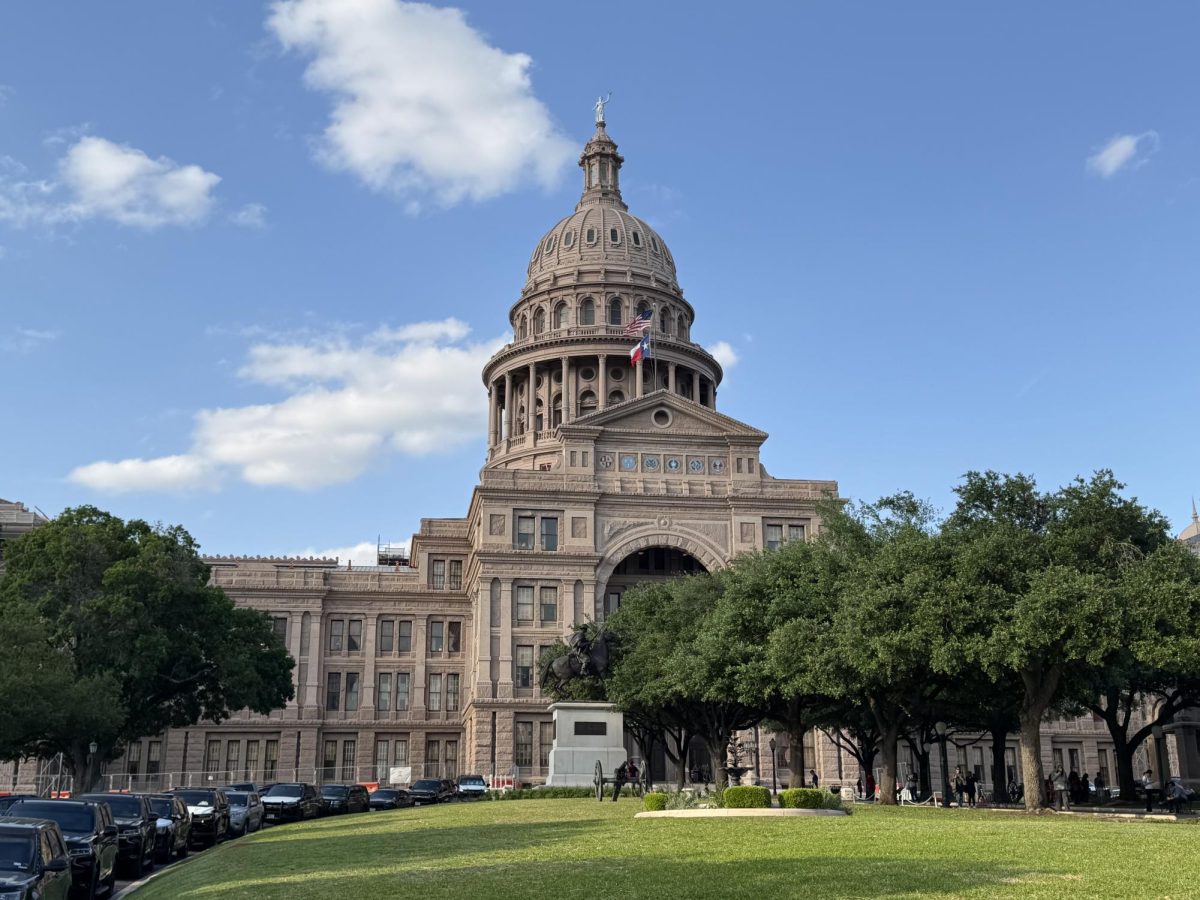
When the Library of Alexandria was destroyed, the world faced such a tremendous loss that the destruction still haunts us today. Even though scholars aren’t entirely sure what caused the Library to fall — a fire is the most well-known reason, although there may have been multiple fires or minor revolts that impacted the building — or the exact extent of the work lost, they do know one thing: the knowledge and culture we lost will most likely never be recovered. What we lost was the story of us. After all, literature of all kinds tells our history as much as (or more than) a pile of bones and rubble does. Although losing the Library of Alexandria’s contents wasn’t an intentional destruction, the story of us continues to be burnt, ripped to shreds, and hidden.
Banned Book Week, which began Sept. 27 and ends Oct. 3, seeks to celebrate the story of us regardless of the damages already done. Readers may remember our article explaining Banned Book Week and the subsequent Banned Book reviews (Ulysses and Animal Farm) from last year. This year, we’re reviewing some of our favorite banned books: The Absolutely True Diary of a Part-Time Indian, Bridge to Terabithia, The Perks of Being a Wallflower, Alice’s Adventures in Wonderland, and the Harry Potter series.
It’s hard for me to believe that The Lord of the Rings — the trilogy that helped me through awkward adolescence and schoolyard bullying — was burnt to a crisp in 2001 because it was deemed “satanic”. The Wizard of Oz was banned from all Chicago public libraries in 1928 for “depicting women in strong leadership roles”, and Alice’s Adventures in Wonderland was banned in the Hunan Province of China in 1931 for “attributing human language to animals, which was an insult to humans”. Sometimes, books are banned for silly reasons, and it’s entertaining to find extremely ridiculous ones and laugh about them with your friends later. But when you realize that these books help people learn something about the human experience, and people are being denied the right to learn something about ourselves — that’s when things stop being funny.
Neil Gaiman said in his introduction to Ray Bradbury’s Fahrenheit 451 that “fiction gives us empathy: it puts us inside the minds of other people, gives us the gifts of seeing the world through their eyes.” We lose pieces of our humanity every time we destroy, censor, and ban books. When you destroy a book, you destroy a whole world with it. And there’s no turning back.







